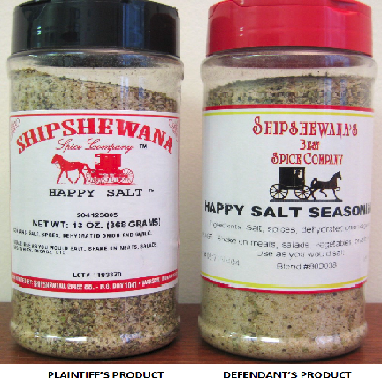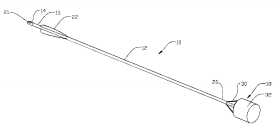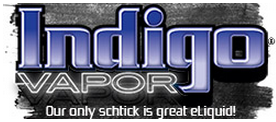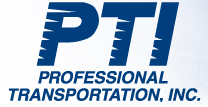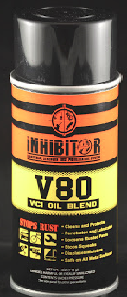Indianapolis, Indiana – Richard N. Bell of McCordsville, Indiana, who is both an Indiana copyright attorney and a professional photographer, filed a lawsuit alleging copyright infringement in the Southern District of Indiana. Bell claims that Indiana Procurement Technical Assistance Center of Indianapolis, Indiana infringed his copyrighted “Indianapolis Skyline” photo, U.S. Copyright Registration No. VA0001785115, which has been registered with the U.S. Copyright Office.

In 2000, Plaintiff Bell photographed the downtown Indianapolis skyline. Indiana Procurement Technical Assistance Center, a governmental unit of the state of Indiana, is accused of creating “a website to promote and advertise its own business” and displaying Bell’s copyrighted photo on that website. Bell further claims that this government entity “willfully and recklessly falsely claimed that it owned the copyrights of all images and photos” contained on its website, http://www.indianaptac.com/, including Bell’s photo of Indianapolis.
In this single-defendant lawsuit, Bell contends that “as a direct and proximate result of their wrongful conduct, Defendants have [sic] realized and continue to realize profits and other benefits rightfully belonging to Plaintiff.” The acts in question are alleged to have been committed willfully and deliberately and with oppression, fraud, and malice.
In this federal complaint, which copyright lawyer Bell filed on his own behalf, counts of copyright infringement and unfair competition are asserted. Bell asks for an accounting of all “gains, profits and advantages derived by Defendants [sic]” as a result of the alleged infringement and for statutory and/or actual damages. He also seeks reimbursement of costs and reasonable attorneys’ fees.
Practice Tip #1:
Bell will have to contend with the doctrine of sovereign immunity as an initial hurdle to proceeding with this copyright litigation. Sovereign immunity, as a general rule, bars lawsuits such as this one against states. Sovereign immunity may be waived by a state for a particular type of lawsuit. The federal government may also abrogate states’ sovereign immunity with respect to certain types of claims.
In 1990, Congress passed the Copyright Remedy Clarification Act. Under 17 U.S.C. § 511(a), “[a]ny State, any instrumentality of a State, and any officer or employee of a State or instrumentality of a State acting in his or her official capacity, shall not be immune, under the… doctrine of sovereign immunity, from suit in Federal court…for a violation of any of the exclusive rights of a copyright owner….”
On the surface, this language appears to constitute an abrogation of states’ sovereign immunity regarding copyright infringement. However, the U.S. Supreme Court has held that “Congress may not abrogate state sovereign immunity pursuant to its Article I powers.” Florida Prepaid Postsecondary Educ. Expense Bd. v. College Sav. Bank, 527 U.S 627, 636 (1999).
However, it appears that the Copyright Remedy Clarification Act has attempted to do just that. According to at least one recent decision out of a federal district court in Lexington, Kentucky, Article I is indeed what Congress relied upon to authorize the passage of the Act purporting to abrogate states’ rights with respect to copyright infringement lawsuits. This, the court held, rendered the attempted abrogation invalid. That litigation was consequently dismissed by the court as barred by the doctrine of sovereign immunity.
Practice Tip #2: Richard Bell has sued hundreds of defendants for copyright infringement in Indiana’s federal courts. Previous blog posts regarding his litigation include:
• Appellate Court Dismisses Copyright Appeal as Premature
• Bell Rings in the Holiday Weekend with a New Copyright Lawsuit
• Bell Files New Copyright Infringement Lawsuit
• Bell Sues Georgia-Base FindTicketsFast.com for Copyright Infringement
• Richard Bell Files Two New Copyright Infringement Lawsuits
• Court Prevents Copyright Plaintiff Bell from Outmaneuvering Legal System; Orders Bell to Pay Almost $34,000 in Fees and Costs
• Three Default Judgments of $2,500 Ordered for Copyright Infringement
• Court Orders Severance of Misjoined Copyright Infringement Complaint
• Richard Bell Files Another Copyright Infringement Lawsuit
Continue reading

 Indiana Intellectual Property Law News
Indiana Intellectual Property Law News



